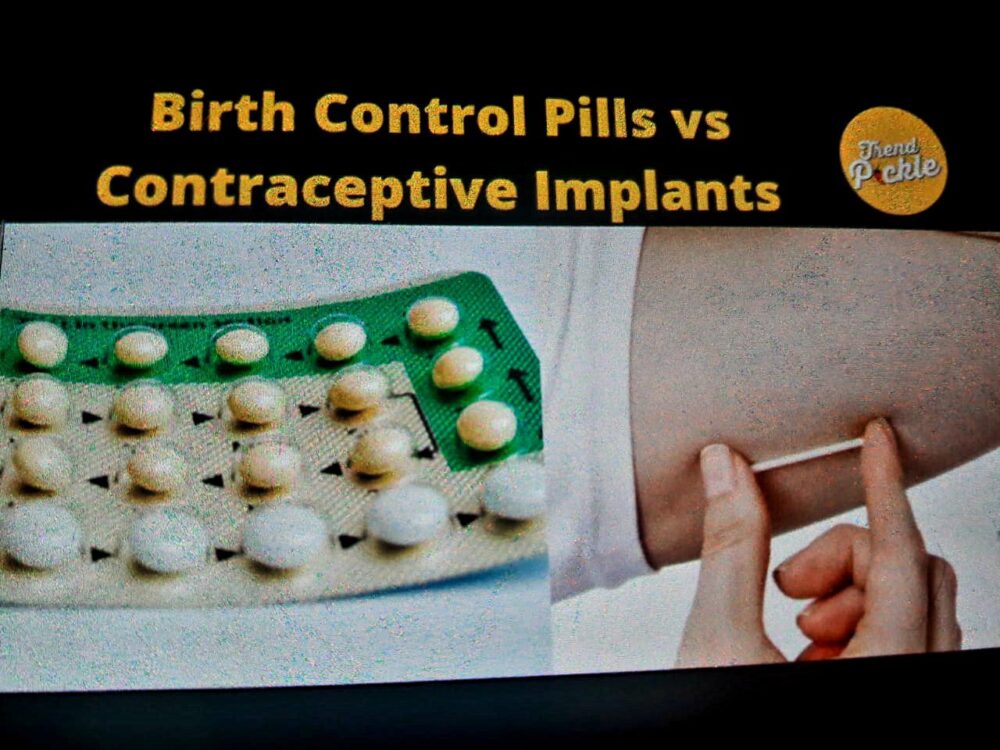The market is packed with a wide range of contraceptive methods that women can use. Each method works differently, has its downsides and advantages. Contraceptive implants and pills are particularly very common and work in a similar way. However, they still have their differences. This post discusses the two approaches, how they work, and their advantages and disadvantages.
Birth control pills
These pills consist of both estrogen and progestin. However, some less common types of pills are known as the mini-pill, which only contain progestin. They are taken orally every day to prevent unwanted pregnancy. The pills work by slowing down the pituitary gland. By doing so, the ovaries stop releasing eggs, or the process of ovulation is halted. The medications can also alter the surface of the uterus and hence make it difficult for the sperm to reach the egg.
Pros of birth control pills
Below are some of the benefits of the pills:
• They are very convenient when it comes to preventing unwanted pregnancies.
• They offer protection against issues like pelvic inflammation. Note that if this medical condition is left untreated, it can cause infertility.
• The pills can help to regulate your menstrual flow and also reduce the heaviness of the flow. This means that with the pills, you can efficiently time your period. Some people use them to skip their periods or change their period timing and frequency. On the other hand, by reducing the menstrual flow, the pills can prevent anemia.
• They help decrease menstrual cramps. Some women use the pills primarily as a treatment for severe menstrual cramps.
Cons of birth control pills
There are a few downsides to birth control pills. They include:
• They are relatively costly
• Headaches
• Tenderness of the breasts
• Nausea, which can sometimes be coupled with vomiting
• Spotting or bleeding in between periods
• Depression
• Alterations in sexual desires
• They take seven days to start working
Contraceptive implants
Contraceptive implants are a type of long-term birth control for women. A contraceptive implant is a flexible plastic rod, typically the size of a matchstick, placed beneath the upper arm skin. It works by releasing low and steady doses of the progestational hormone. The hormone triggers the thickening of the cervical mucus and thinning of the uterine lining called the endometrium. It does so by working on the pituitary gland, which instructs the release of the ovaries. This suppresses the process of ovulation hence preventing unwanted pregnancies.
Pros of contraceptive implants
One of the main benefits of contraceptive implants is the fact that they start working almost immediately. However, there are several other benefits, which are:
• Implants are a very effective form of contraception, and they are straightforward to use compared to most methods
• They are affordable because you only have to pay for them once
• They are long-lasting, with most of them providing at least three years of contraception
• They do not contain any progestin, which causes numerous adverse side effects like increased risk of stroke.
• Breastfeeding mothers can use them
• Once they are removed, your facility levels rapidly return to normal. Most of the time, it only takes a week.
Cons of contraceptive implants
Below are some common adverse impacts of contraceptive implants;
• The process of inserting the implant can be painful
• When removed, it leaves a small scar
• They can cause irregularities in your menstrual cycle
• They can cause acne and perceived weight gain
• They may irritate your skin sometimes
Final Word
Contraceptive implants and pills are both effective methods of preventing pregnancy. However, they each have their pros and cons. When deciding between the two modes of contraception, you need to consider how well they suit your individual circumstances. It would be wise to consult a medical practitioner for advice on what would be best for you since there are many factors to consider. Contraception is an essential aspect of women’s lives that should not be taken lightly.

